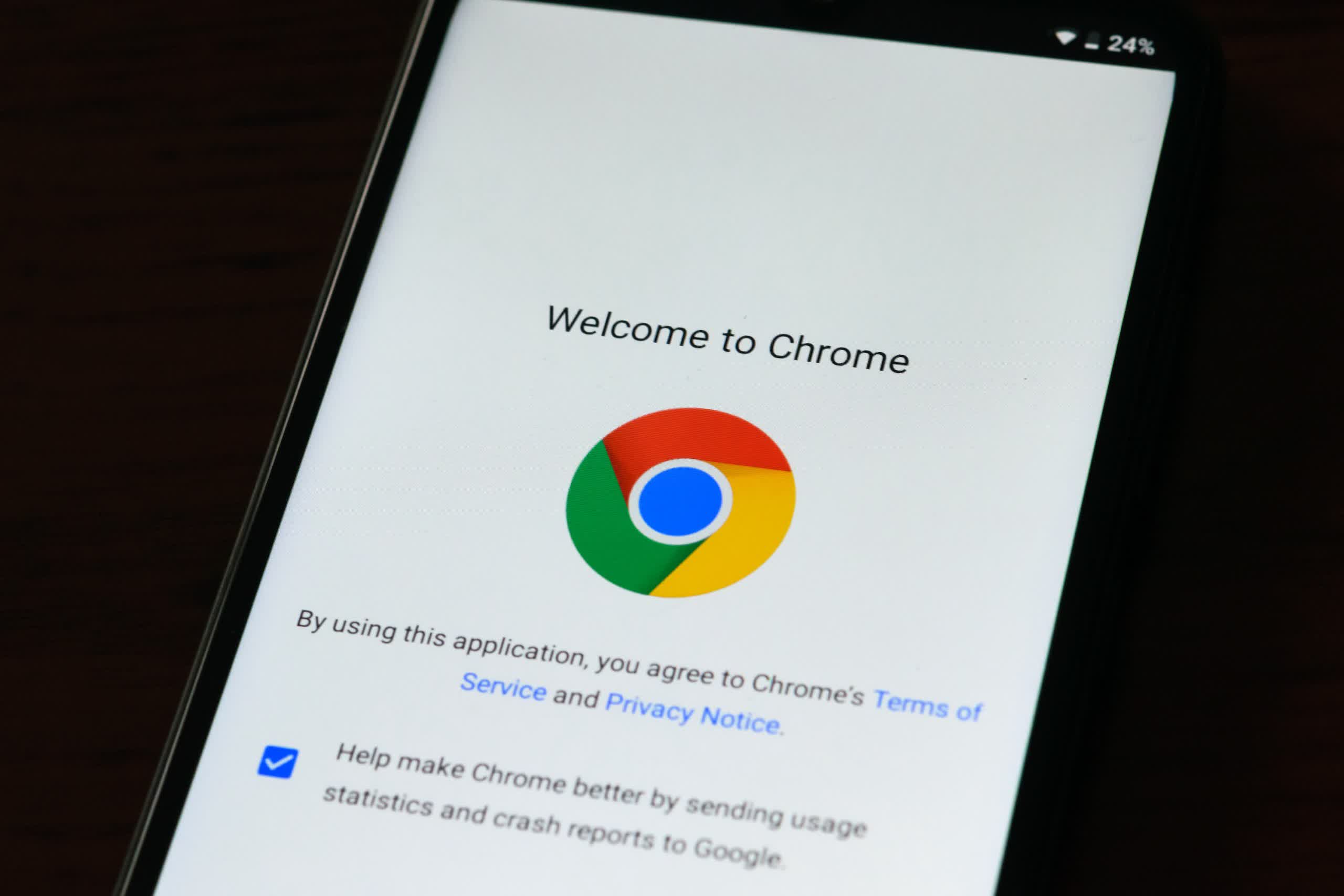Privacy Oblige: Google has begun implementing its new Tracking Protection technology, designed to improve privacy online while providing advertisers with a viable business alternative. A random selection of users will join the slow-roll test, with the software coming to every Chrome user in a few months.

Google just announced the final Tracking Protection testing phase, which begins on January 4, 2024. The search giant has the tech on a slow rollout, with about one percent of global users becoming impromptu testers. Participants for the testing are selected randomly and receive notification of selection when opening Chrome on PC or Android phones.
Tracking Protection is a new feature that limits cross-site tracking through third-party cookies. It is a primary milestone in the company's Privacy Sandbox initiative to phase out tracking cookies completely.
Third-party cookies have been a fundamental internet tool for nearly three decades. While they can serve a legitimate purpose, websites frequently infringe on users' privacy by using cookies to track their online behavior. Privacy Sandbox is Mountain View's "responsible" approach to advertising, which avoids using cookies by implementing its new Topics API technology, which became available in Chrome in September.

If Chrome notices users having issues while browsing without third-party cookies, it will provide an option to re-enable them temporarily. If everything goes as expected, Google will enable Tracking Protection by default on all installations in the second half of 2024. However, the company must address any "remaining competition concerns" expressed by the UK's Competition and Markets Authority before phasing out cookies entirely.
Chrome's Platform Roadmap notes that deprecating and removing third-party cookies is challenging, as they enable "critical functionality" across sign-in, fraud protection, advertising, and third-party content embedding. Web developers have so far expressed "mixed signals" about Google's standardization attempts for the feature, and the Topics API could stay a Chrome-only affair for years to come.
Google is trying to convince people that third-party tracking is essential for the modern web, albeit competing companies in the browser market have already decided otherwise. Mozilla's Firefox and Apple's Safari have already provided additional protections against tracking cookies since 2019, and the most popular Chromium-based browsers like Edge could very well avoid implementing the Topics API indefinitely.
https://www.techspot.com/news/101213-chrome-deprecate-third-party-cookies-starting-january-2024.html